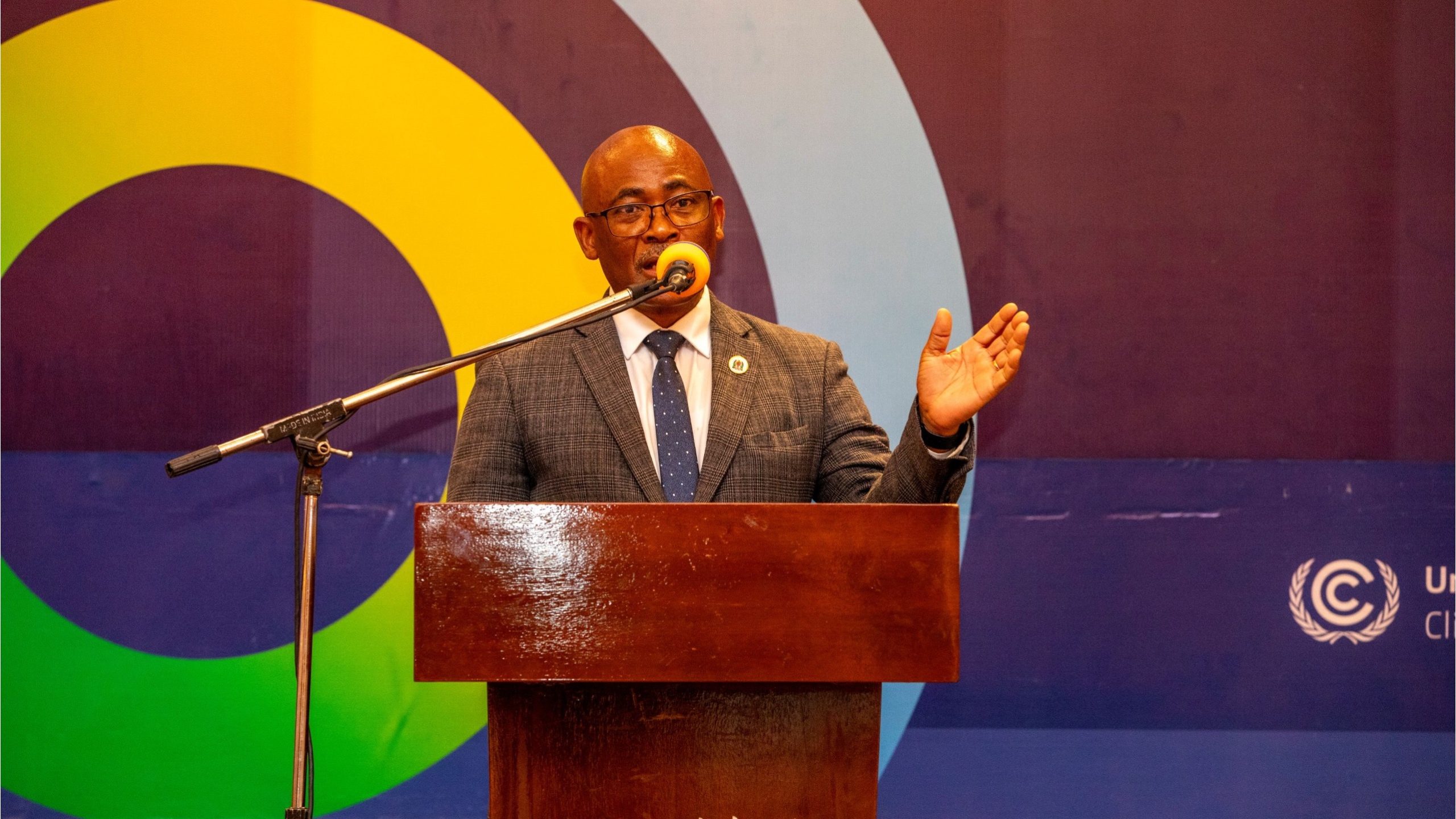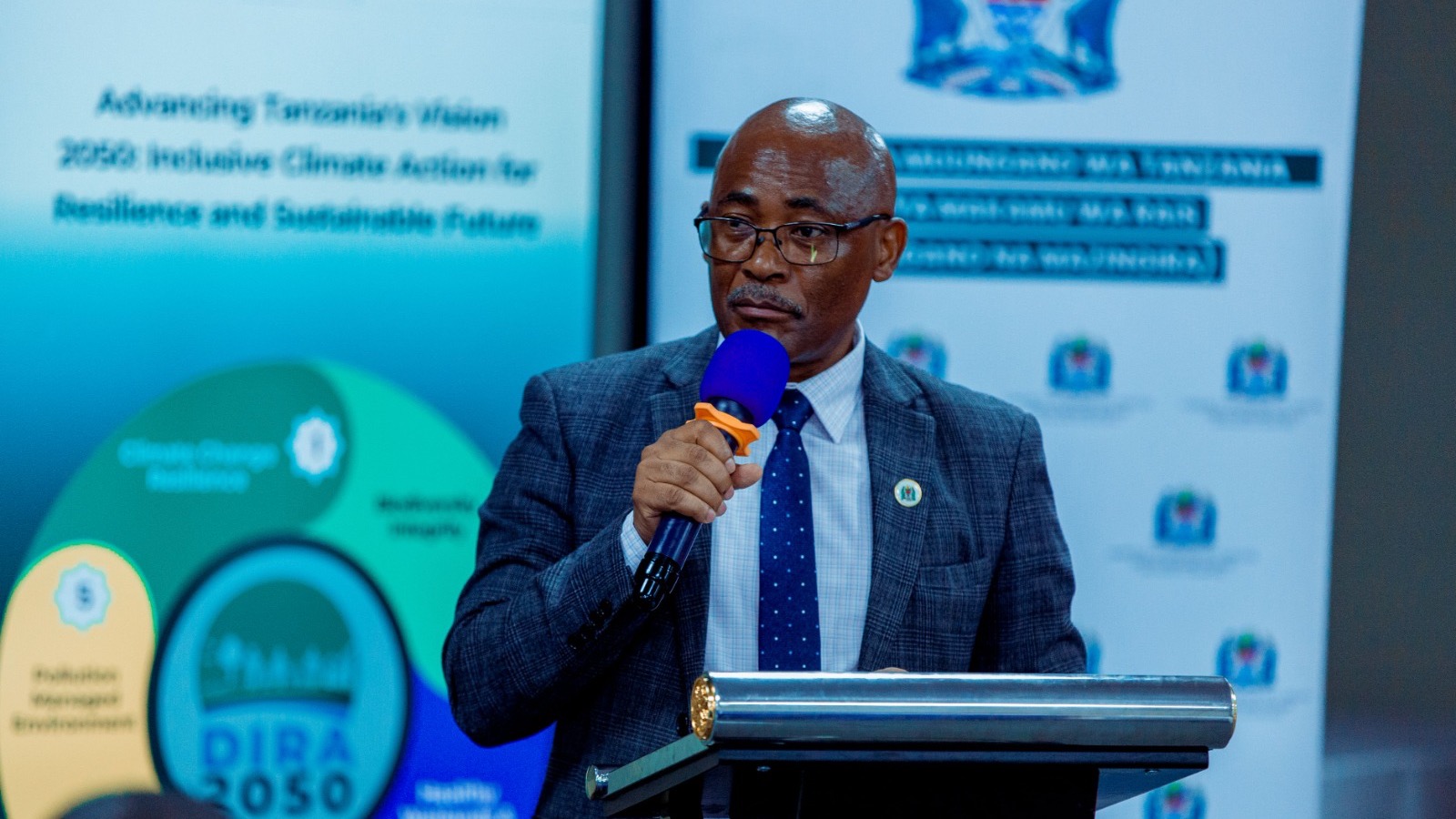The partnership between the World Food Programme (WFP) and the National Carbon Monitoring Centre (NCMC) in Tanzania represents a forward-looking approach to tackling both food insecurity and climate challenges. By integrating innovative technologies such as Jiko Rafiki solar-powered cookers, developed with Offgridsun, the initiative addresses multiple development priorities at once. The cookers reduce reliance on charcoal and firewood, which are major drivers of deforestation and household air pollution, while also lowering household expenses and improving food preparation efficiency. In doing so, the project supports both immediate food security needs and long-term resilience to climate shocks.
This collaboration also complements Tanzania’s national climate goals and WFP’s Country Strategic Plan, which emphasizes resilience-building among vulnerable rural households. By reducing pressure on forests, the project helps safeguard ecosystem services essential for smallholder farming, such as rainfall regulation, soil fertility, and water availability. In addition, it contributes to national greenhouse gas reduction targets by lowering emissions from traditional biomass use, directly linking household-level interventions to broader climate mitigation efforts.
At the community level, the project carries significant social benefits. Women and girls, who often bear the burden of collecting firewood, are freed from long hours of labor and exposure to unsafe conditions. This shift not only improves their safety and health but also creates opportunities for education, entrepreneurship, and other productive activities. Moreover, promoting solar-powered cooking enhances awareness and adoption of renewable energy technologies, contributing to a cultural shift toward sustainable resource management.
Strategically, the WFP–NCMC partnership demonstrates the value of linking humanitarian, environmental, and development goals into a unified framework. It brings together expertise in food security, carbon monitoring, and renewable technology to create scalable solutions that can be expanded across different regions of Tanzania. In the long run, this integrated approach strengthens institutional capacity, supports Tanzania’s commitments under the Paris Agreement, and helps lay the foundation for a greener, more food-secure future.
-
Jiko RafikiProjectWFP, NCMC, and Offgridsun are working together to distribute
Jiko Rafikisolar cookers. -
Climate Resilience and Food Security
This initiative contributes to WFP’s goal of improving food security and building climate-resilient rural livelihoods in Tanzania by addressing issues like smallholder access to markets and the sustainable management of natural resources, according to the UN World Food Programme.
-
Alignment with National Strategy
The collaboration supports Strategic Outcome 3 of the United Republic of Tanzania’s country strategic plan, which focuses on climate-resilient rural livelihoods and improved food security, notes the WFP Executive Board.
-
Multi-stakeholder Engagement
WFP emphasizes forming innovative, multi-stakeholder partnerships with national and local actors to achieve its humanitarian goals, as detailed in their Resource Mobilization Strategy.
-
Focus on Local Actors
WFP is increasing its investments in localization to better serve vulnerable populations by strengthening partnerships with national and local organizations, including government institutions.
-
South-South and Triangular CooperationWFP also facilitates South-South and Triangular Cooperation, which enables developing countries to exchange knowledge, skills, and resources to strengthen their national systems in areas like food security and climate adaptation.



